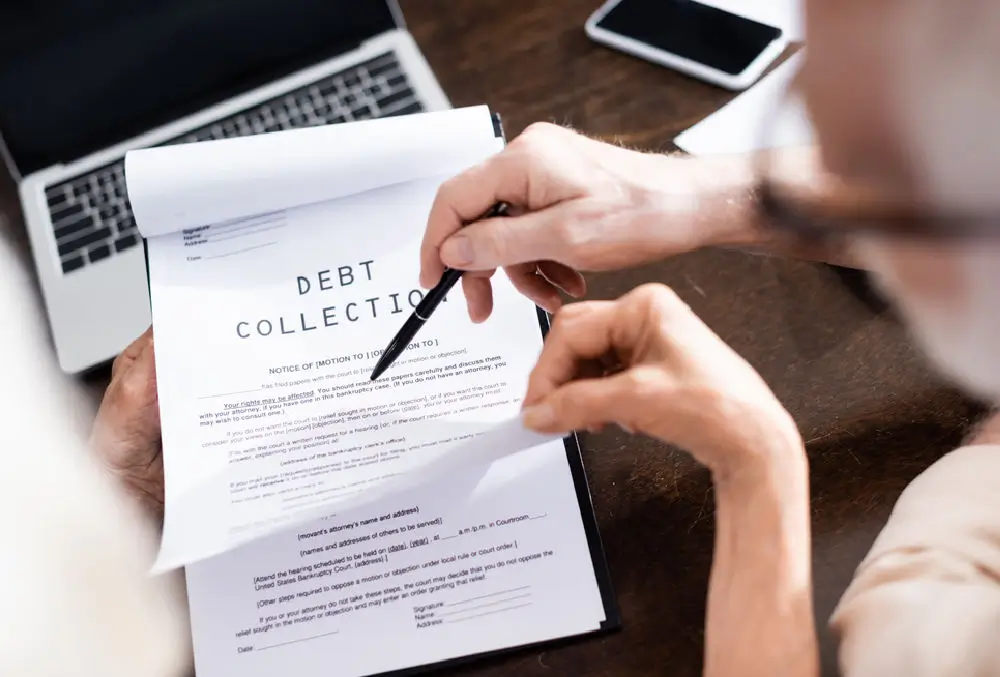In today’s financial landscape, dealing with debt collectors is a common occurrence for many individuals. Whether you’re facing medical bills, credit card debt, or outstanding loans, the calls and letters from debt collectors can be overwhelming and intimidating. However, not all debt collectors are legitimate, and it’s essential to know how to differentiate between reputable agencies and potential scams. In this guide, we’ll explore how to tell if a debt collector is legitimate and what steps you can take to protect yourself.
Understanding Debt Relief: A Starting Point
Before diving into the intricacies of identifying legitimate debt collectors, let’s first discuss the concept of debt relief. Debt relief refers to various strategies and programs designed to help individuals manage and reduce their debt burden. These may include debt consolidation, negotiation with creditors, or enrolling in debt management plans. While debt relief can be an effective solution for some, it’s essential to be cautious and vigilant when interacting with debt collectors, especially if you’re unsure about the legitimacy of their claims.
Key Indicators of Legitimate Debt Collectors

When communicating with a debt collector, there are several key indicators that can help you determine whether they are legitimate:
Company Information:
A legitimate debt collector should be transparent about their company name, mailing address, and contact information. They should readily provide this information upon request, allowing you to verify their legitimacy.
Details About the Debt:
Legitimate debt collectors should be able to provide specific details about the debt they are attempting to collect. This may include the original creditor’s name, the amount owed, and the account number. If the debt collector is unable or unwilling to provide this information, it may be a red flag.
Verification Process:
Under the Fair Debt Collection Practices Act (FDCPA), you have the right to request verification of the debt from the debt collector. A legitimate collector will provide you with information to verify the debt, such as a copy of the original contract or documentation from the creditor.
Professional Conduct:

Legitimate debt collectors are required to adhere to strict guidelines outlined in the FDCPA. They should conduct themselves professionally and refrain from using abusive language, threats, or harassment tactics. If a debt collector engages in any of these behaviors, it’s a clear sign that they may not be legitimate.
Written Validation Notice:
Within five days of initial contact, legitimate debt collectors are required to send you a written validation notice detailing information about the debt, your rights as a consumer, and how to dispute the debt. If you do not receive this notice, or if it contains inaccurate information, it may indicate that the collector is not legitimate.
Protecting Yourself from Debt Collection Scams

In addition to knowing how to identify legitimate debt collectors, there are several steps you can take to protect yourself from debt collection scams:
Verify Information:
Always verify the legitimacy of a debt collector by researching their company online, checking their credentials with the Better Business Bureau, and contacting the original creditor to confirm the debt.
Guard Personal Information:
Be cautious about sharing personal or financial information with debt collectors until you have verified their legitimacy. Scammers may use this information for identity theft or fraudulent purposes.
Know Your Rights:

Familiarize yourself with your rights under the FDCPA, which protects consumers from abusive and deceptive debt collection practices. If a debt collector violates your rights, you have the right to take legal action against them.
Report Suspicious Activity:
If you believe you’re dealing with a fraudulent debt collector, report them to the Consumer Financial Protection Bureau (CFPB) and your state’s attorney general’s office. By reporting suspicious activity, you can help prevent others from falling victim to scams.
Conclusion: Empowering Yourself Against Debt Collection Fraud
In conclusion, knowing how to distinguish legitimate debt collectors from scams is essential for protecting yourself and your financial well-being. By understanding the key indicators of legitimacy, such as company information, details about the debt, and adherence to consumer protection laws, you can navigate the world of debt collection with confidence. Remember to stay informed, know your rights, and take proactive steps to safeguard against fraudulent activity. With vigilance and knowledge, you can effectively manage your debt and work towards financial freedom.



